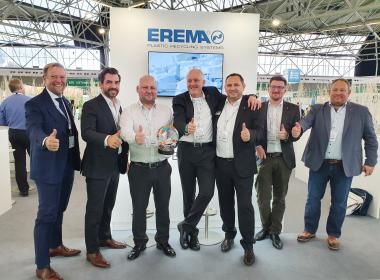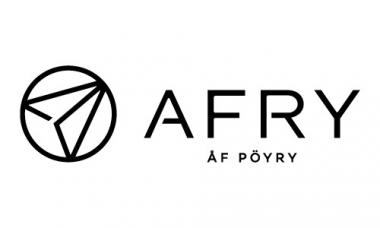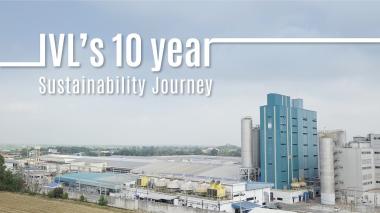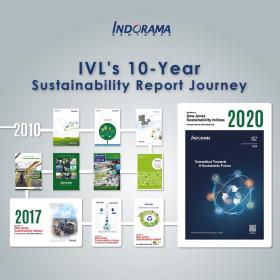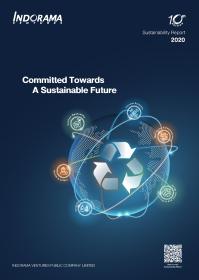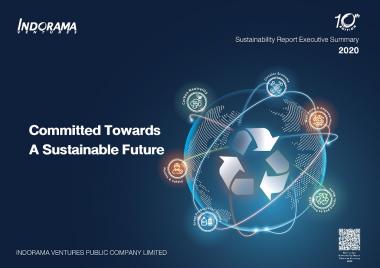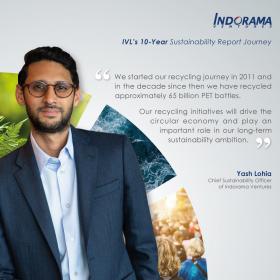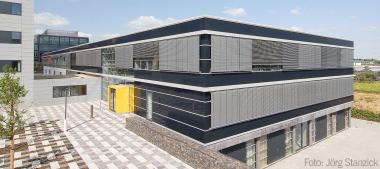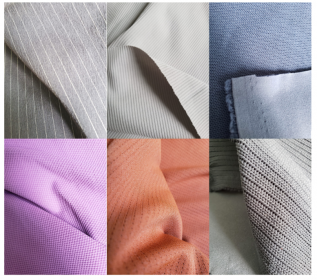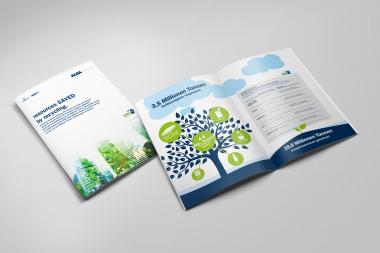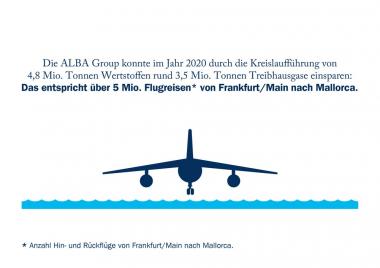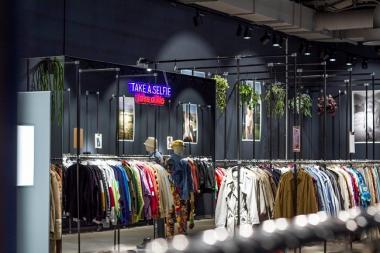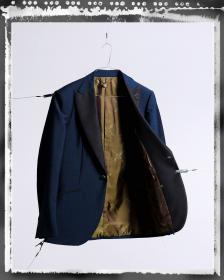EREMA awarded for the Recycling Machinery Innovation of the Year
EREMA is winner at this year´s Plastics Recycling Awards Europe. At the award ceremony as part of the Plastics Recycling Show Europe at 5th November in Amsterdam, EREMA was awarded for its recycling system INTAREMA® TVEplus® RegrindPro® + ReFresher in the category Recycling Machinery Innovation of the Year. Thanks to the combination of its recycling machine with the ReFresher technology that reduces odour downstream of the extrusion process, EREMA has enabled the PCR-HDPE produced with it to be used in proportions of up to 100 percent for the production of packaging for direct contact with food and beverages, as confirmed by the U.S. Food and Drug Administration (FDA).
The judges recongised this innovation as a step change in eliminating unwanted odour from waste plastics, allowing recyclate to replace virgin palstics in high end applications. This type of innovation is essential for meeting EU targets for recycled content of food contact plastics.
The market also confirms awarding this technology. By the end of 2021, EREMA customers will produce 450,000 tonnes of high-quality, odor-optimized regranulate per year, with it.


